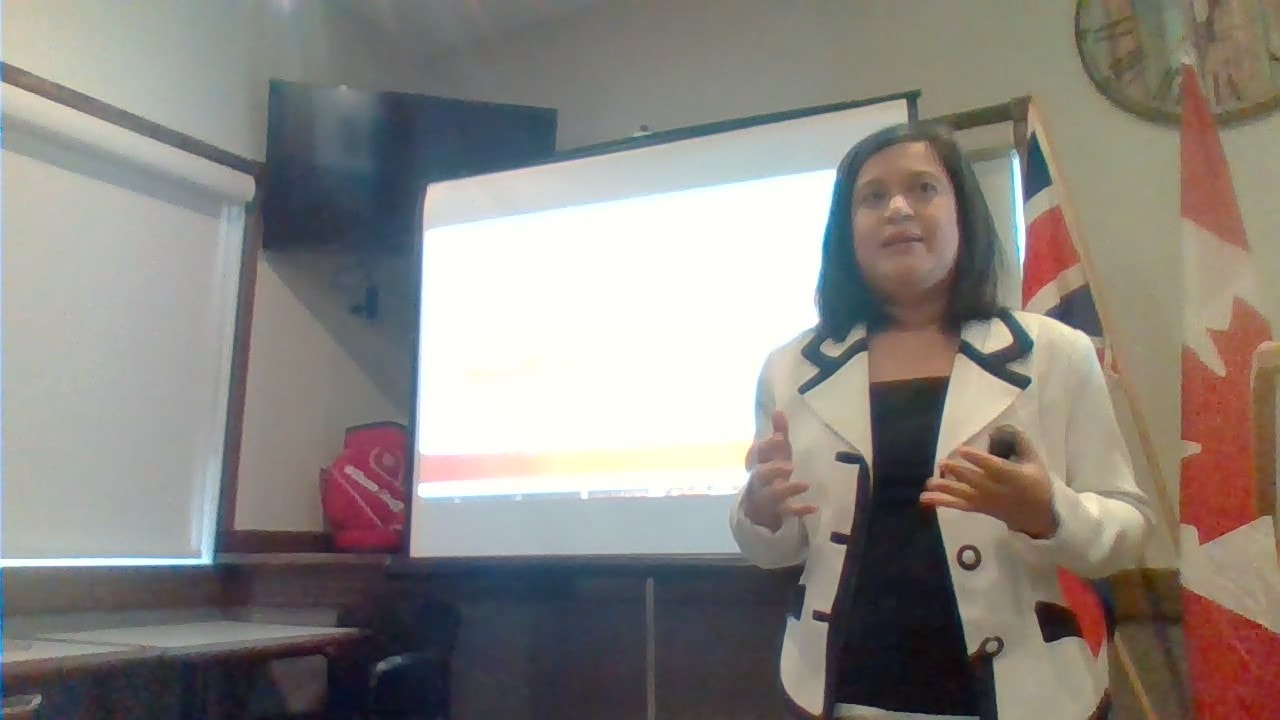Archives
April 2024
Categories
All
|
Back to Blog
UNTOUCHABLES3/4/2024 There are sacred cows in many purpose-driven organizations. it can be a personnel, a Board Member, a funder, a practice/framework, an over-staying product, a founder's mantra, or a habit. All of these can be sacred cows- never questioned, continued to exist and proliferate despite its obsolescence/irrelevancy and sometimes exaggerated, larger-than-life value. You can't touch it, complain about it, or suggest an alternative route/option/offering. The employees would point up (ceiling) saying, something like, "Word from Management." Just follow or resign. Who is the management? Who is the boss? Board of Directors. The Executive Director. The Management Council. When there are sacred cows, it means that the organization has lost it adaptability and relies on tradition, dogma, and unfounded beliefs, usually not based on any thing factual and evidence-based. There's a place for tradition in building high-performing cultures in organizations. Cultures that are deeply rooted in values. For tradition's sake, continuity (some may say), or laziness, people revert to 'whatever been around for a long time' and seldom ask why. Tradition without relevance is fanaticism. In many societies, sacred cows roam the street unhindered. But in organizations, too many roaming unhindered sacred cows can cause a massive catastrophe. You don't want that. Ask, listen, evaluate. Rinse and Repeat
0 Comments
Read More
Back to Blog
LIFE IN 202412/29/2023 If your 2023 has hills and valleys, make no mistake, 2024 which is next week will unsurprisingly be full of that too. In no ways that the world has survived the pandemic, yet, there could be another one lesser or bigger in gravity. Right now, there are many more variants of the COVID-19 spreading around. Hopefully, the reaction of governments would not suffocate the entire economies just to contain the disease among the population. There are new 1M poor all over the world as a result of the pandemic on top of existing and persisting societal challenges. The average life expectancy in Canada as with the rest of the advanced economies is now at 82 and with modern medicine and treatment technologies, prevention and early diagnosis of known diseases will be more prominent in all of our lives. However, the declining fertility rates creates a conundrum for governments to depend more on immigration which is not a shock-proof answer either. Multiculturalism in Western Europe is a failed experiment because they failed to figure out that people must work and positively contribute to society in economic and societal terms, so harmonious integration with the mainstream culture is compatible with economic success. Radical Islam and cultures that force Western Europe to bend backwards just to please and appease them is a poisonous pill to take. It's better that these countries be more selective and intelligent about the kinds of people they are accepting in their societies. Imported wars and related uptake on street violence bleeds the resources of small countries who never had such issues in the past. Don't blame it on multiculturalism-it's not a kumbaya type of societal paradise. Blame it on politicians with their rose-colored glasses and stupidity. The world as we know it will not end in 2024, it will persist. But take heart, believe that you will be rewarded for hard work, perseverance, faithfulness, and dedication to work, occupation, or life calling. Whatever you plan to do, do it with a level-headedness and intentionality. You might not get what you want, but you're on forward-motion. There's plenty of work and for those seeking work next year, you only need one hell of a good job so take another dose of courage. Take supplements if you need it. There is no better time than now to invest. Invest in your people, organizations, and systems. Invest in growth and compounding returns. Invest in your families and communities that gives more than requires. And invest in your health, spirituality, and joy. No amount of money can buy peace of mind that comes from the Peace Maker. To a more prosperous, spirit-filled, and satisfying 2024! It won't be perfect but at least, it's what you can make of it, that's worth every second.
Back to Blog
MERRY CHRISTMAS & HAPPY 2024!12/20/2023 From my family to yours, Merry Christmas. We wish you Peace, Joy, Love, Prosperity, and Health in 2024. May all your dreams come true! |
 RSS Feed
RSS Feed


